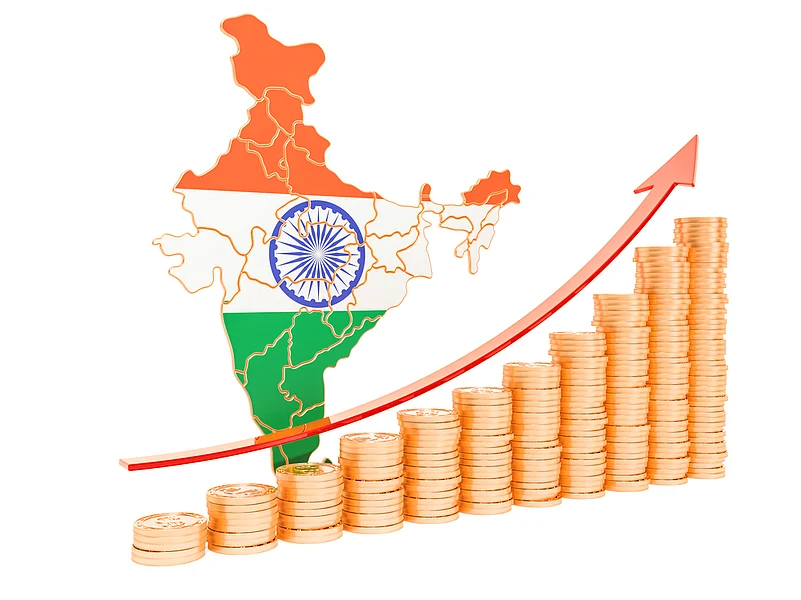India, the US and 12 other members of the IPEF grouping have signed a supply chain resilience agreement that would provide benefits like potential shifting of production centres in critical sectors and mitigating risks of economic disruptions from supply chain shocks.
The agreement was signed in San Francisco, where Commerce and Industry Minister Piyush Goyal is attending the ministerial meeting of the Indo-Pacific Economic Framework For Prosperity (IPEF).
The agreement would help member countries like India to reduce its dependence on China.
The COVID outbreak had severely disrupted the global supply chain, as most countries were dependent on China for various products, like pharma raw materials.
On the social networking platform X, on Wednesday, Goyal said: "India joins US and 12 other IPEF partners to ink the IPEF Supply Chain Resilience Agreement, a first-of-its-kind international agreement that will fortify and strengthen global supply chains; and foster adaptability, stability and sustainability".
Members of the bloc concluded the negotiations on this agreement, one of the four pillars of the IPEF, on May 27, this year in Detroit.
The other benefits of the pact include supply chain diversification, mobilisation of investments, deeper integration of India in global value chains, support to MSMEs and creation of a seamless regional trade ecosystem, which would facilitate the flow of Indian products.
IPEF was launched jointly by the US and other partner countries of the Indo-Pacific region on May 23 last year in Tokyo.
The framework is structured around four pillars relating to trade, supply chains, clean economy and fair economy (issues like tax and anti-corruption). India has joined all the pillars except the trade one.
The members are expected to announce the conclusion of talks for clean economy and fair economy pillars also during this week.
Australia, Brunei Darussalam, Fiji, India, Indonesia, Japan, Republic of Korea, Malaysia, New Zealand, Philippines, Singapore, Thailand, the US and Vietnam are members of the bloc.
It would come into force after the implementation of the agreement by any of the five member countries. According to an official, the commerce ministry is expected to hold an outreach programme pan India for domestic industry, explaining the benefits of the agreement and how to utilise that.
Under the agreement, IPEF partners seek to provide a framework to build their collective understanding of significant supply chain risks; improve crisis coordination and response to supply chain disruptions; facilitate cooperation, mobilise investments, promote regulatory transparency in sectors and goods critical to national security and public health and safety.
The critical sectors would be identified by the member countries.
To implement and monitor the agreement, the bloc would set up The IPEF Supply Chain Council.
The council will meet every year and all the members would have to report on the progress of implementation of the agreement.
Besides the council, the block would set up The IPEF Supply Chain Crisis Response Network and The IPEF Labor Rights Advisory Board.
The network would deal with emergency issues and help partners to seek support during a supply chain disruption and to facilitate information sharing and collaboration among IPEF partners during a crisis, enabling a faster and more effective response that minimises negative effects on their economies.
On the other hand, the advisory board would help members in promoting labour rights in their supply chains.


























.jpg?w=200&auto=format%2Ccompress&fit=max)




